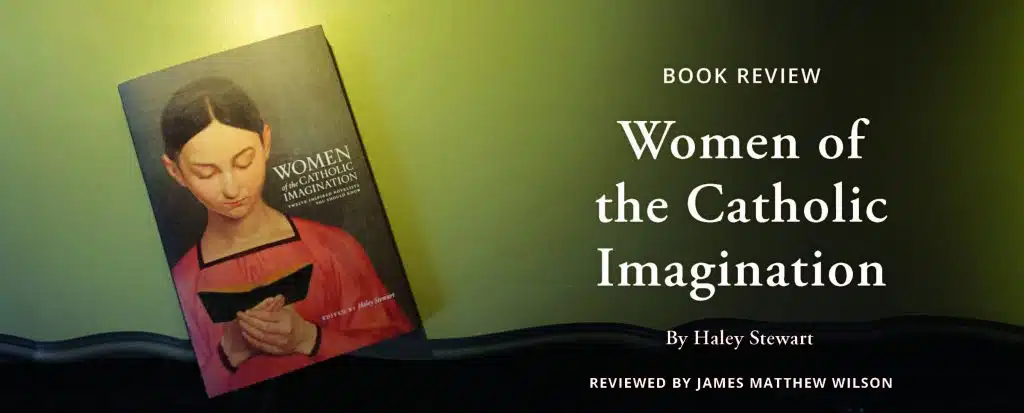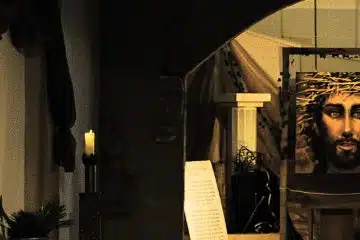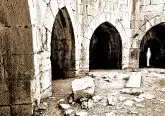Book Review: Women of the Catholic Imagination

Haley Stewart has put together an invaluable book of essays that every Catholic and serious reader ought to own. Its essays reacquaint us with the life and work of Catholic novelists who ought never be forgotten and whose achievements seem even more unusual and precious now than when they lived.
In the first chapter, novelist Eleanor Bourg Nicholson’s essay reintroduces us to Josephine Ward, a daughter of one of English Catholicism’s most important families. Amy Fahey discusses the Nobel-prize-winning Catholic convert Sigrid Undset, whose mammoth novel, Kristin Lavransdatter, remains one of the great, almost unscalable, mountains of modern literature. Other contemporary writers’ essays draw our attention to figures similarly forgotten or half-forgotten: Caryll Houselander, Gertrud von le Fort, Caroline Gordon and Rumer Godden.
Each essay highlights a woman of the early 20th century’s Catholic literary revival. That revival arose from a conscious and defiant decision by Catholic writers in Europe and America who believed that the life of the Church needed new literary expression but also that the Church’s distinctive vision and genius were required to save the spiritually impoverished modern age from unseriousness, superficiality, sin and despair.
In the wake of the Second Vatican Council, these literary figures of revival were quietly judged members of an earlier, more provincial period. Catholicism in Europe and the U.S. had been a subcultural ghetto, separated from the mainstream secular culture and thought; worthy of attention only to sheltered and prudish people. The revival authors’ work became neglected and forgotten, as if it had nothing to say in a time when Catholics were increasingly at home in mainstream European and U.S. societies.
We return to their work now, in a smaller, more intransigent, defensive and yet confident world, which is also more spiritually and intellectually ambitious. And their work reminds us what a thriving subculture’s literature ought to be, while also showing us the imaginative riches that make literature and the arts a life- changing enterprise.
Chapters discuss writers such as Flannery O’Connor, Alice Thomas Ellis and Muriel Spark, who all continue to command a wide readership. Essayists Angela Alaimo O’Donnell, Bonnie Lander Johnson and Dorien Speed remind us of these writers’ uncanny religious genius. Perhaps even more important is the inclusion of chapters on well-known contemporary novelists like Toni Morrison, Alice McDermott and Donna Tartt, who highlight the distinctly Catholic, incarnational element in their subjects’ works that other literary critics either downplay or ignore.
Biographical and critical chapter introductions help the curious reader find a way into the work of the novelists themselves. The result guides casual readers’ rediscovery (or discovery!) of a genuinely great literary heritage worthy of renewed attention today. We’re also reminded of Catholic literary imagination’s vitality as it continues, often with quieter and more subtle expression, in our day.
Aimed at a lay readership and especially popular with women’s book clubs, this book is a pleasure to read in itself. However, it’s also beneficial in pointing the casual but curious reader toward new directions, where both the great pleasures of story and profundity of religious vision may yet be found.
James Matthew Wilson, a theologian and poet, is Cullen Foundation Chair in English Literature and Professor of Humanities, University of St. Thomas.
Women of the Catholic Imagination: Twelve Inspired Novelists You Should Know; Haley Stewart, ed., Word on Fire, 2024; $24.95; 200 pages.
This article appeared in the November 2024 edition of The Catholic Telegraph Magazine. For your complimentary subscription, click here













